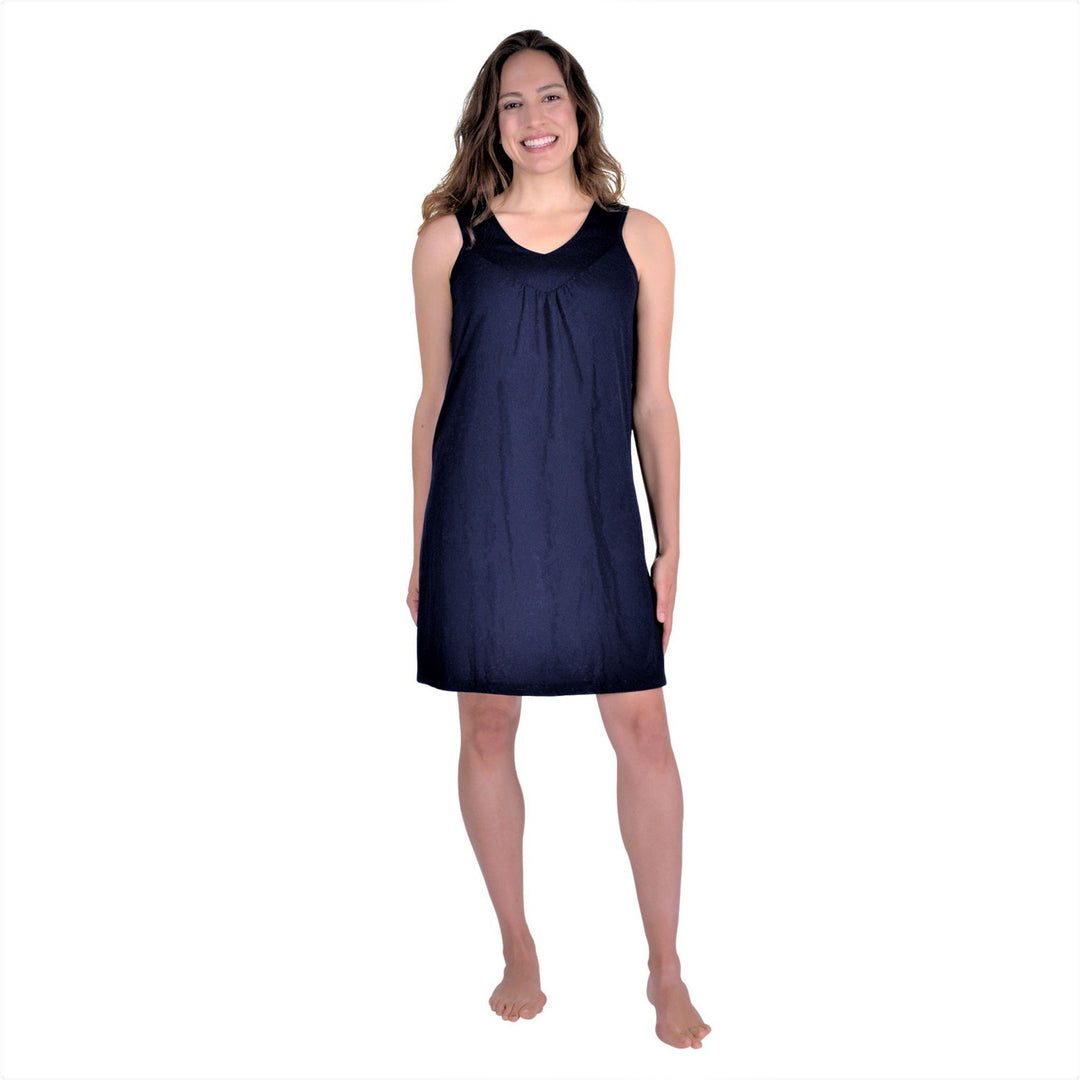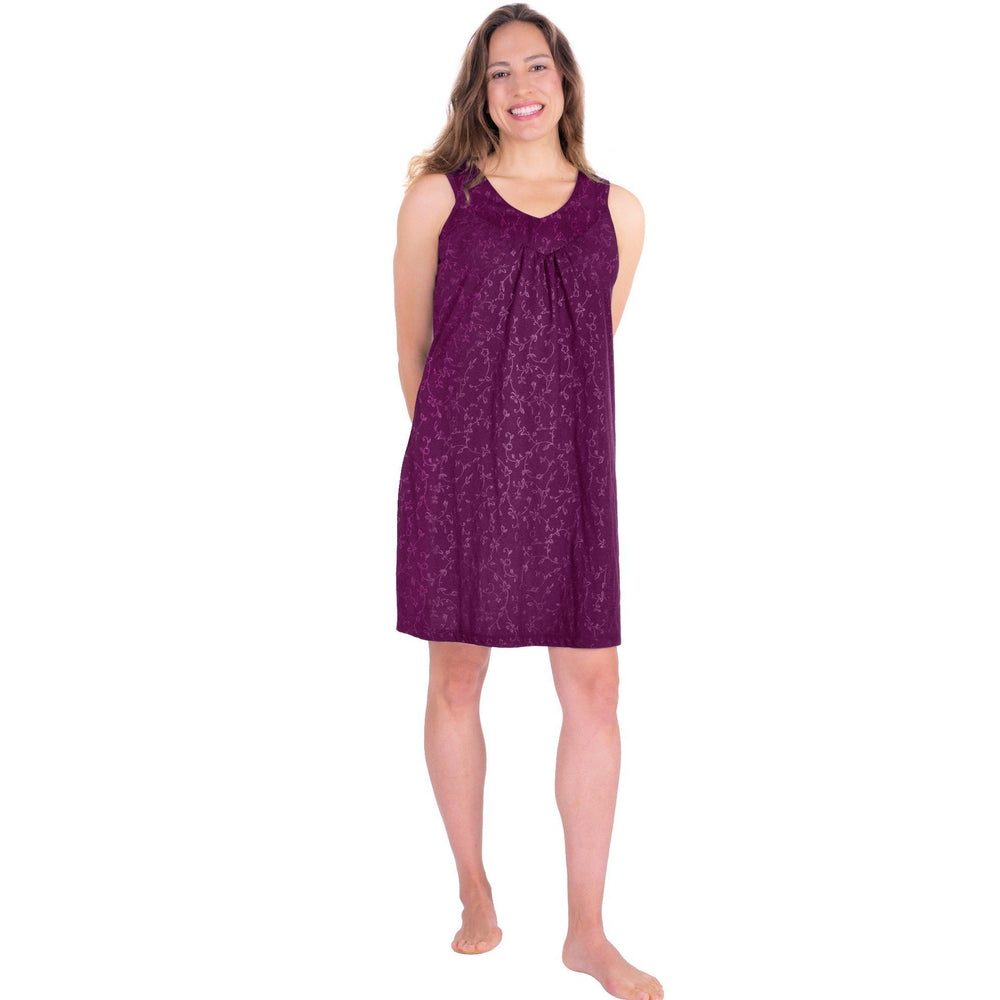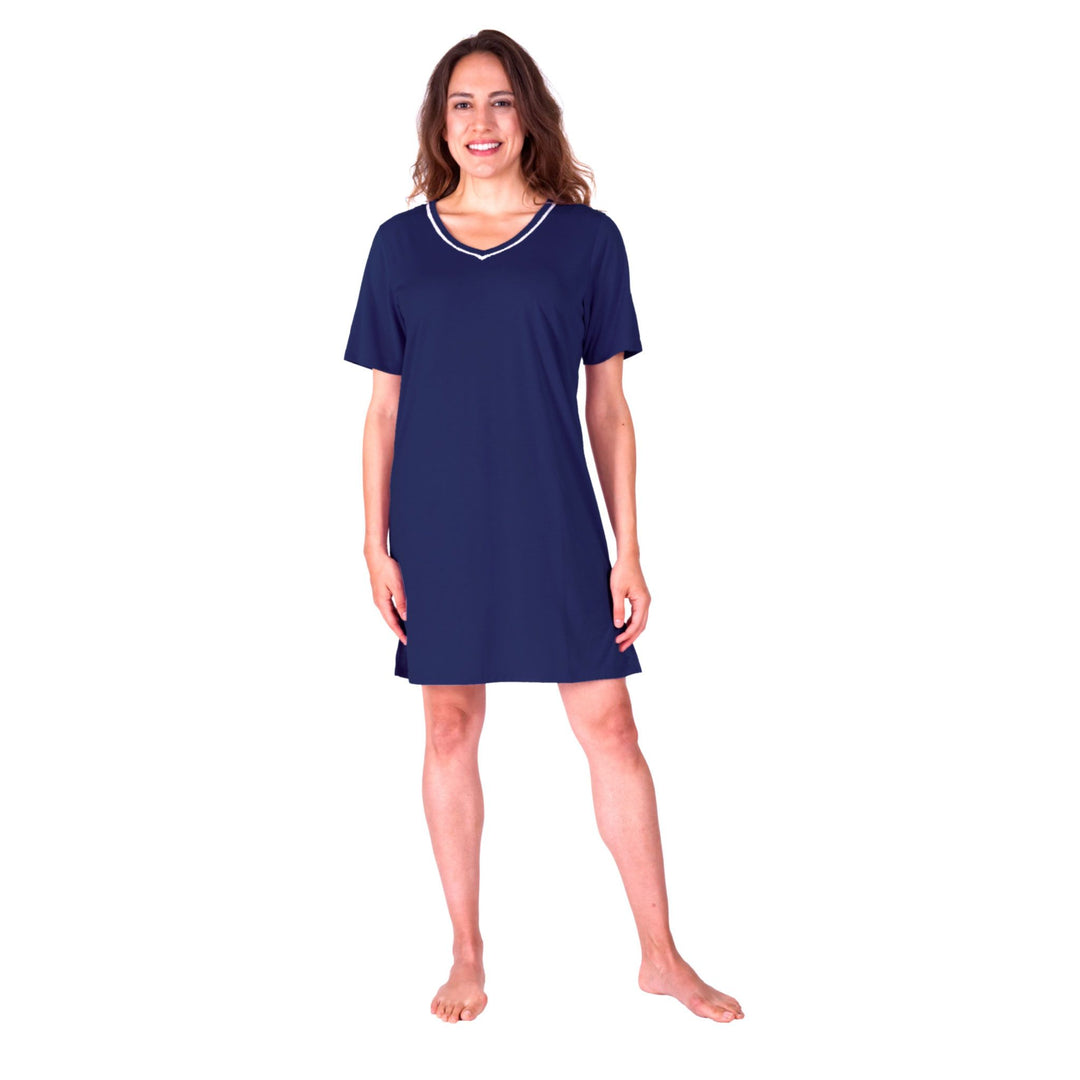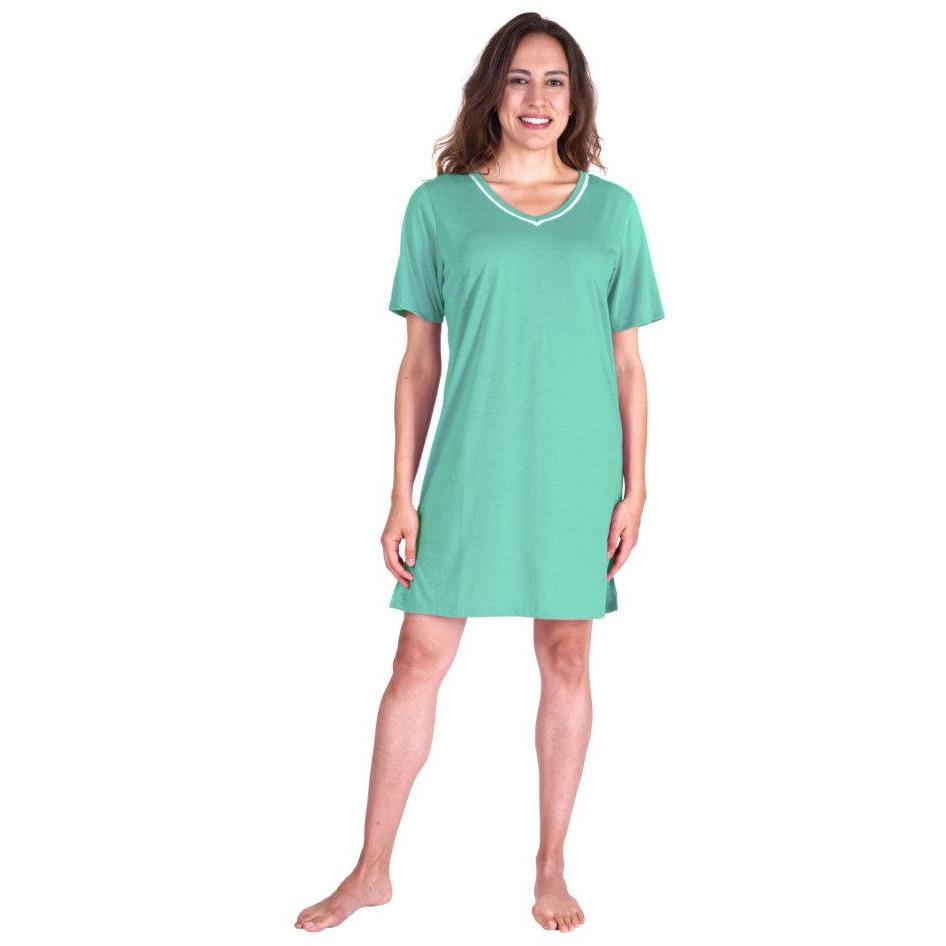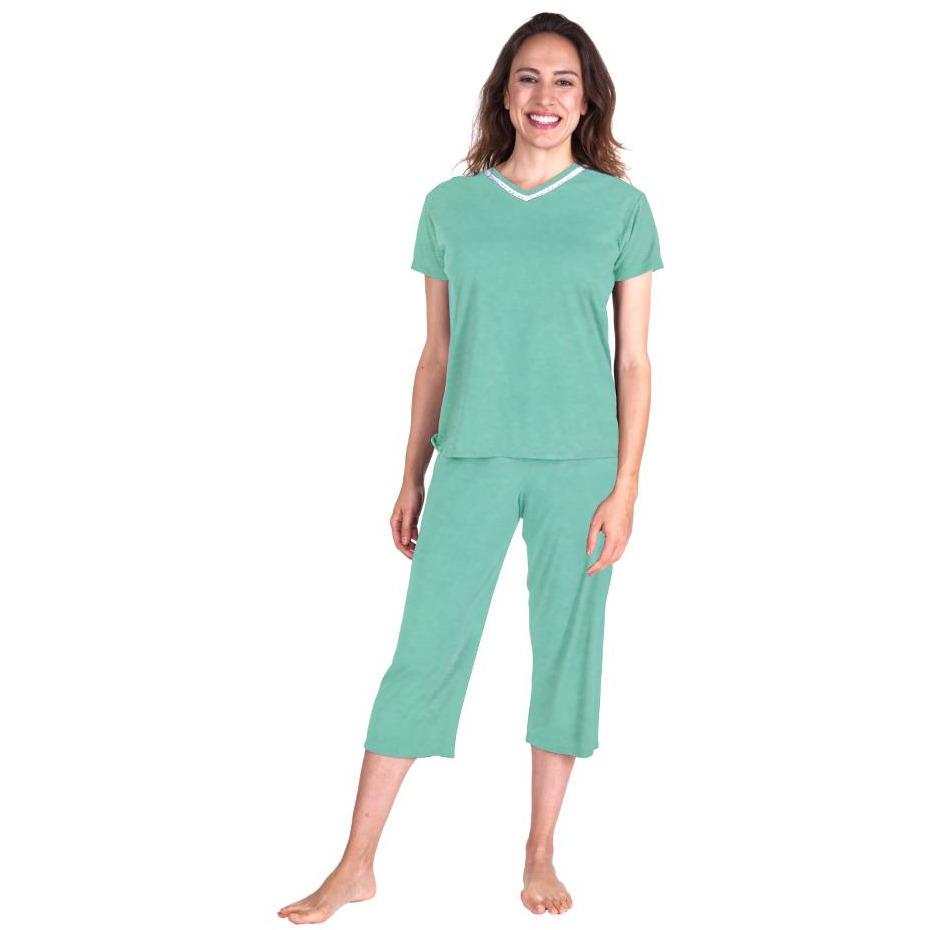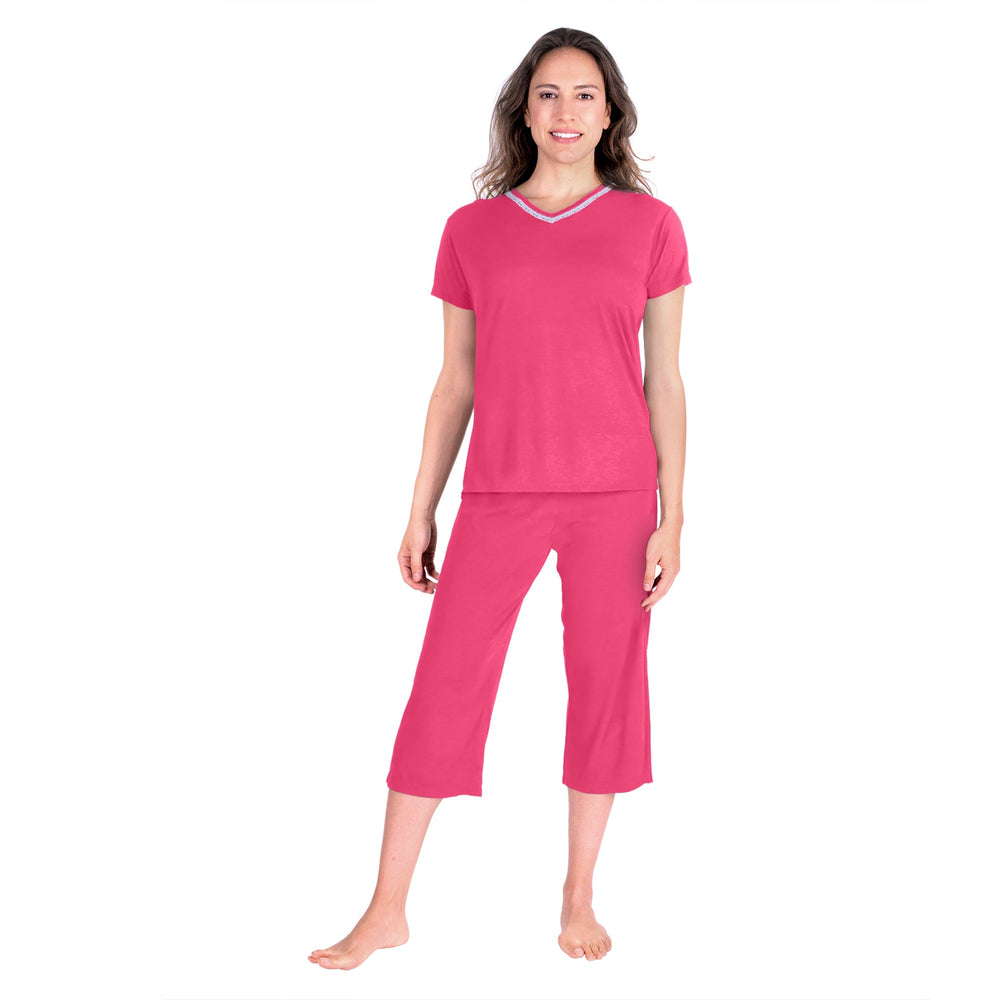9 Ways To Help Prevent Hot Flashes and Night Sweats
The exact cause of hot flashes is still yet to be determined but is thought to be related to changes in the functioning of the hypothalamus, a structure in the brain that controls body temperature. As the production of estrogen decreases and fluctuates during perimenopause the hypothalamus mistakenly senses that the body is too warm and begins the process of trying to cool the body down. The hot flash can cause flushing around the face and neck and sweating. Sometimes an increased pulse rate and rapid heartbeat can occur during the hot flash ending with a cold chill. On average, hot flashes last 3 to 5 years and then gradually taper off. There are women who never experience hot flashes and others who may have them for several years after menopause. Healthcare providers do not have a method to predict who will have hot flashes and when they will start or end. One thing that is for certain is the healthier your lifestyle the more manageable hot flash symptoms will be. There are options available to help women cope from lifestyle changes to medical treatments. The strategies for each woman should be based on the degree the symptoms affecting her quality of life, health history, and personal preferences. There can be other causes of hot flashes, such as thyroid disorder, and certain medications including tamoxifen (Nolvadex) and raloxifene (Evista). Keep health screenings current and discuss your menopausal symptoms, including hot flashes, with your health care provider. Here are a few tips to help you manager these pesky night sweats and hot flashes.... First off we recommend making some lifestyle changes as follows:
- Avoid your hot flash triggers such as alcohol, spicy foods, hot drinks, and caffeine.
- Keep a cool drink handy - take a drink at the onset of a hot flash. Wash your hands in cold water during or after a hot flash to help cool you down.
- Dress in layers. Use nightwear , bedding and pillowcases made of absorbent "wicking" material which helps pull moisture away from the skin if night sweats occur.
- Regular aerobic exercise - 30 minutes of vigorous exercise 3 or more days per week or 30 minutes of moderate activity 5 days per week. Daily exercise is linked to decrease in number of hot flashes.
- Maintain a constant blood sugar level by eating small meals every 4-5 hours. Skipping meals will cause a dip in blood sugar which can trigger hot flashes
- Reduce stress through meditation, yoga, biofeedback, or massage.
- When a hot flash is starting use slow, deep abdominal breathing.
- Do not smoke. Smoking is associated with an increase in number and severity of hot flashes.
- Maintain a healthy body weight. Being overweight increases core body temperature resulting in more hot flashes.


